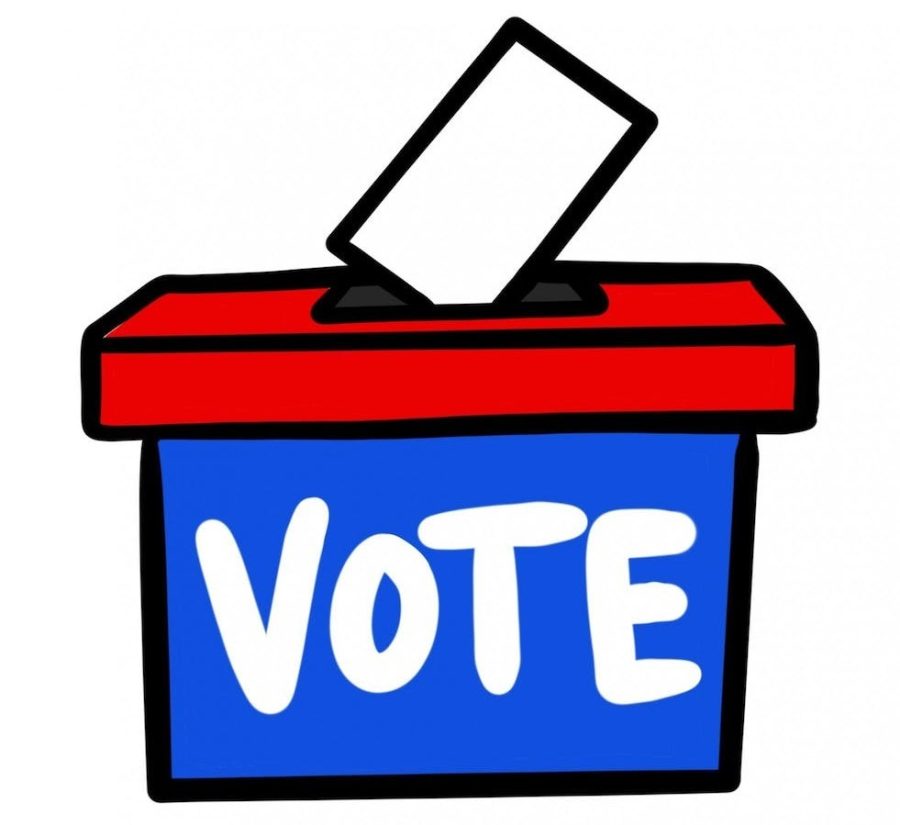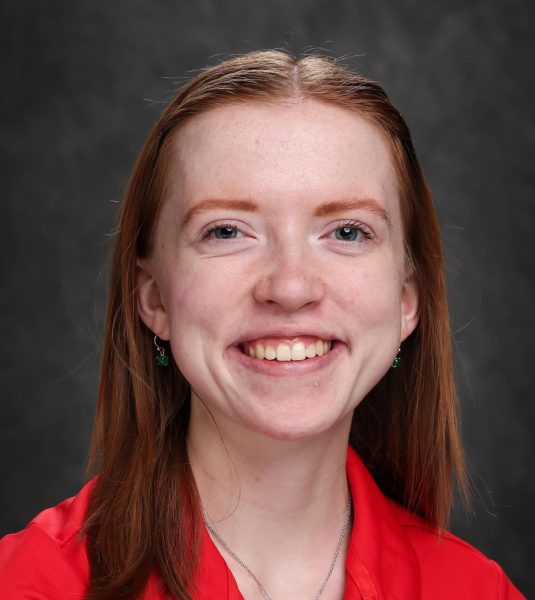Governor
The governorship of Arizona and a U.S. Senate seat are up for grabs in the upcoming Nov. 8 midterm elections.
In the gubernatorial race, Democrat Katie Hobbs is facing off against Republican Kari Lake to fill the seat left by Gov. Doug Ducey. Libertarian Mikaela Lutes-Burton and Independent-Green Party candidate William Pounds, along with a few other write-in candidates, are also running for governor.
Hobbs currently works as the Arizona Secretary of State. Prior to this position, she served as an Arizona state senator from 2013-19 and a state representative from 2011-13.
Hobbs is running for governor on a platform of “protecting women’s reproductive freedom, investing in our public schools to give every child in Arizona a world class education, finally addressing our water crisis and securing our water supply, and lowering costs on everything from housing to groceries to school supplies,” according to her campaign website.
Lake is a former news anchor for FOX 10 News in Phoenix. Some key elements of Lake’s platform are “secure borders, energy independence, safe streets, education not indoctrination, pushing back against the radical Biden agenda, and preserving the western heritage that makes Arizona special,” according to her campaign website.
Former President Donald Trump endorsed Lake last September. Ducey, whose seat will be filled in the midterms, endorsed Karrin Taylor Robson in the Republican primaries, but Robson lost to Lake.
Whoever wins the governor’s race will be responsible for implementing state laws and acting as the overseer of Arizona’s executive branch. The past two governors of Arizona, Ducey and Jan Brewer, are Republicans.
University of Arizona’s political student clubs weighed in on this race. Both clubs stressed the importance of utilizing your vote to make change.
According to an email statement from the UA Young Democrats, “Voting in every election is important, but who we choose to lead the state of Arizona is critical this year. Katie Hobbs, the Democratic candidate for Arizona governor, is the only candidate who does not promote conspiracy theories and wants to work with all Arizonans to protect our right to vote. Katie Hobbs also wants to see Arizona state universities be as free as possible, as it says in the Arizona constitution.”
The UA College Republicans also emphasized the importance of voting in an email statement the group sent to the Daily Wildcat, writing, “The University of Arizona College Republicans United wholeheartedly urge students to go and vote. Voting is a way for us to get our voices heard, to make our beliefs known, and for our will to be carried out. As college students, it is often so easy to get caught up in the whirlwind of assignments and tests, and forget to vote; however, change begins with us. If you can’t go place your vote at the polls, how can you hope to change the world?”
Senator
A U.S. Senate seat is also at stake in the Nov. 8 midterms.
While the governor race is between two candidates who haven’t held the seat, former astronaut and incumbent Sen. Mark Kelly, D-Ariz., is running for reelection to keep his seat.
Venture capitalist Blake Masters is the Republican nominee running for the seat after beating Arizona Attorney General Mark Brnovich in the primary race.
Kelly, who won the 2020 special election to fill former Sen. John McCain’s Senate seat, emphasizes in his campaign promises of a commitment to bipartisan cooperation.
Kelly’s campaign website lists his priorities as “lowering costs for Arizona families, building a 21st century economy in Arizona, securing Arizona’s water future, cleaning up Washington and securing Arizona’s border and fixing our broken immigration system.”
According to his campaign website, Masters is running “because the same old establishment politicians and the same old establishment candidates have failed us. [Masters] brings a wealth of experience to the table on how to defeat not just the progressive Democrats, but also the weak and compromised RINO Republicans.”
Trump endorsed Masters in the Aug. 2 Republican primary.
According to a survey conducted by Pew Research Center, the issues at the heart of these midterm elections are (in order): the economy, gun policy, violent crime, health care, voting policies, education, Supreme Court appointments and abortion.
Follow Sam Parker on Twitter









